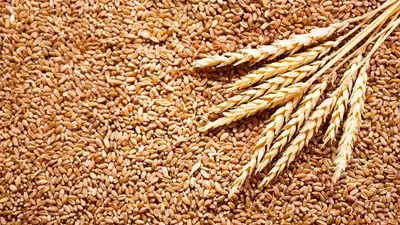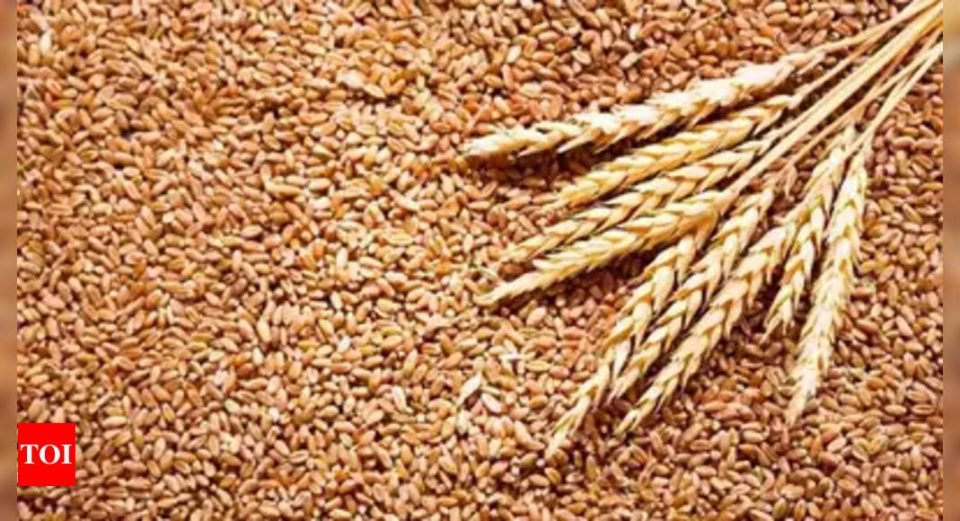
LUCKNOW: With wheat procurement by the government registering an alarming dip this season, the situation could have a detrimental effect on the buffer stock which is often used to control the possible price rise of the food grain in the open market.
A top official in the food and civil supplies department said that the state government would be constrained in releasing wheat from the shrunken buffer stock in the open market in the eventuality of a price rise. “We are keeping a close watch on the situation which does not look too good,” the official said.
Against a target of 60 lakh metric tonnes, the state government was able to procure just over 4 lakh MT this marketing year with only 3,51,261 farmers registering with the department (as on June 24). The procurement this year has been done through 5,683 centres under direct watch of the district administration.
This is way down from 56 lakh metric tonnes which was procured from around 13 lakh farmers in 2021-22. The wheat procurement exercise, which started from April 1, was scheduled to end on June 15, but the state government extended the date till June 30 in its apparent bid to raise the stock.
Officials said that the phenomenon has largely been observed across the country as the prices of wheat in the open market soared in the aftermath of the Russia-Ukraine conflict. While the government announced a minimum support price (MSP) of Rs 2,015 per quintal for wheat, the farmers were reportedly able to sell their produce at a cost ranging from Rs 2,050 to Rs 2,200 per quintal. The farmers also got instant cash payments unlike government agencies that are often accused of making delayed payments besides creating other hurdles, sources said.
“Farmers may be getting a better deal but that does not do away with the chances of rise in food grain prices in the open market,” the official said, asserting that the government may find its hand tied in case prices begin to escalate.
The low wheat procurement has been reported despite the state government making desperate efforts to increase the purchase, including the use of mobile centres which moved from village to village. The purchasing centre in charge was asked to negotiate with the fair rate vendors and village heads of the rural areas. Wheat used to be procured at government centres across the state. This time, the state government wheeled out around 5,700 mobile procurement centres for the purpose.
Unsurprisingly, the government has increased the quota of rice which would be distributed through the fair price shops to the intended beneficiaries of the PM Gareeb Kalyan Anna Yojana, entailing 5 kg of ration per unit in a family.
FacebookTwitterInstagramKOO APPYOUTUBE


